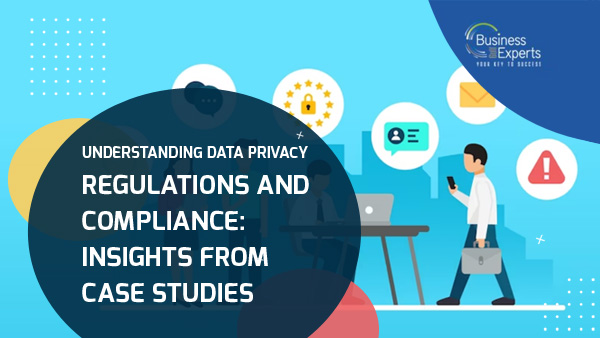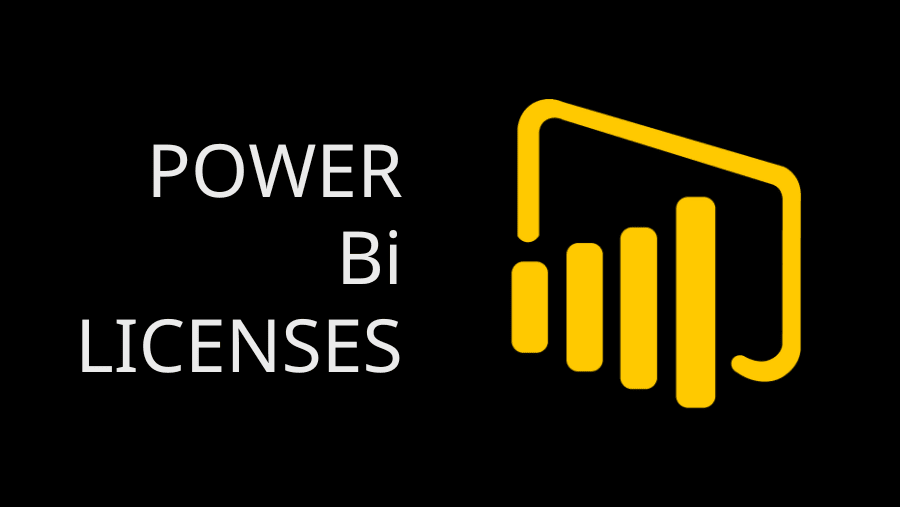“As the Managing Partners of Business Expert Gulf”
We prioritize data privacy regulations and compliance because they are fundamental to building trust with our customers and stakeholders. We recognize that personal data is a valuable asset that must be handled with the utmost care and respect. Our commitment to data privacy goes beyond legal obligations; it reflects our dedication to protecting the rights and privacy of individuals.
We have implemented robust privacy policies, procedures, and technical safeguards to safeguard personal data of our customers throughout its lifecycle. Our employees are trained on privacy best practices, and we regularly review and update our privacy practices to align with evolving regulations and industry standards”.
In today’s digital age, where vast amounts of personal data are collected and processed, protecting individuals’ privacy has become a critical concern. Governments around the world have recognized the need for comprehensive data privacy regulations to safeguard individuals’ rights and promote responsible data handling practices.
At the same time, it’s important for organizations to stay informed about relevant data privacy regulations and ensure they are compliant with the applicable laws to protect individuals’ privacy rights and avoid potential penalties or legal issues.
Let’s delve into the importance of data privacy regulations and explore notable case studies that highlight the significance of compliance, before we do that let’s get our understanding around data privacy regulations and compliance and explore the key concepts and regulations related to data privacy.
Highlight the significance
- Personal Data: Personal data refers to any information that can directly or indirectly identify an individual. It includes names, addresses, email addresses, phone numbers, IP addresses, financial data, and more.
- General Data Protection Regulation (GDPR): The GDPR is a comprehensive data protection regulation enacted by the European Union (EU) in 2018. It applies to organizations that collect or process personal data of EU residents, regardless of the organization’s location. The GDPR establishes strict requirements for consent, data protection practices, data breach notifications, and grants individuals certain rights over their data.
- California Consumer Privacy Act (CCPA): The CCPA is a state-level data protection law in California, United States, which came into effect on January 1, 2020. It gives California residents certain rights over their personal information, such as the right to know what data is collected, the right to delete their data, and the right to opt-out of the sale of their data.
- Personal Information Protection and Electronic Documents Act (PIPEDA): PIPEDA is a federal privacy law in Canada that governs the collection, use, and disclosure of personal information by private sector organizations. It applies to commercial activities that occur across provincial or national borders.
- Data Protection Act 2018 (DPA 2018): The DPA 2018 is the primary data protection law in the United Kingdom, which supplemented the GDPR after Brexit. It governs how organizations collect, process, store, and share personal data. It also provides individuals with rights over their data.
- Cross-Border Data Transfers: When personal data is transferred from one country to another, it must comply with relevant regulations. The EU has specific requirements for cross-border data transfers through mechanisms like Standard Contractual Clauses (SCCs) and Binding Corporate Rules (BCRs).
- Data Breach Notification: Many data protection laws, including the GDPR, require organizations to promptly notify individuals and relevant authorities in the event of a data breach that poses a risk to individuals’ rights and freedoms.
- Data Subject Rights: Various data protection regulations grant individuals certain rights over their personal data. These rights may include the right to access their data, the right to rectify inaccuracies, the right to erasure (also known as the right to be forgotten), and the right to data portability.
- Privacy by Design and Default: The concept of privacy by design emphasizes integrating privacy measures into the design and architecture of systems and processes from the outset. Privacy by default ensures that the most privacy-friendly settings are automatically applied to users’ data.
- Data Protection Officer (DPO): Some regulations, such as the GDPR, require certain organizations to appoint a Data Protection Officer. The DPO is responsible for overseeing data protection strategies, ensuring compliance, and acting as a point of contact for individuals and data protection authorities.
Having set the foundation of the concept, we pick three of the concepts and bring forward its importance in the corporate setting.
-
General Data Protection Regulation (GDPR)
As mentioned earlier the General Data Protection Regulation (GDPR), implemented in the European Union (EU) in 2018, has had a profound impact on global data privacy practices. It establishes stringent guidelines for the collection, storage, and processing of personal data of EU citizens, regardless of where the processing takes place.
The British Airways Saga (2018)
In 2018, British Airways suffered a major data breach that affected approximately 500,000 customers. The breach involved the theft of personal and financial information, including names, addresses, and credit card details. The Information Commissioner’s Office (ICO) in the UK imposed a record fine of £20 million ($26 million) on British Airways for failing to implement appropriate security measures to protect customer data, thereby violating the GDPR.
Lessons Learned: The British Airways case demonstrates the significance of data security measures and the consequences of non-compliance with GDPR regulations. Organizations that handle personal data must implement robust security measures and procedures to protect customer information and mitigate the risk of data breaches.
-
California Consumer Privacy Act (CCPA)
The California Consumer Privacy Act (CCPA), effective from 2020, grants California residents increased control over their personal information. It requires businesses meeting certain criteria to disclose the types of data collected and shared, allow consumers to opt-out of data sales, and implement reasonable security measures.
Google Fiasco (2020)
In 2020, Google faced a class-action lawsuit accusing the company of violating the CCPA by allegedly tracking and collecting users’ personal information through various applications without obtaining proper consent. The lawsuit highlighted the importance of user consent and transparency regarding data collection practices under the CCPA.
Lessons Learned: The Google case emphasizes the need for organizations to be transparent about their data collection practices and obtain explicit consent from users. It also highlights the potential legal consequences and financial liabilities associated with non-compliance with data privacy regulations.
-
Personal Information Protection and Electronic Documents Act (PIPEDA)
PIPEDA is Canada’s federal privacy law that sets out rules for the collection, use, and disclosure of personal information in commercial activities. It requires organizations to obtain meaningful consent, protect personal data, and provide individuals with access to their information.
The complex we between Facebook and Cambridge Analytica (2018)
The Facebook and Cambridge Analytica scandal revealed significant privacy breaches and misuse of personal data. It was found that personal information of millions of Facebook users was harvested without their consent and used for targeted political advertising. This incident raised concerns about data privacy and led to increased scrutiny of social media platforms.
Lessons Learned: The Facebook-Cambridge Analytica case highlighted the need for stronger data protection measures and transparent data practices. Organizations must adhere to PIPEDA regulations, implement robust privacy controls, and ensure that user data is handled responsibly.
In Conclusion, Data privacy regulations, such as the GDPR, CCPA, and PIPEDA, are crucial for safeguarding individuals’ privacy rights and promoting responsible data handling practices. The case studies discussed provide valuable insights into the importance of compliance with these regulations, emphasizing the need for organizations to prioritize data security, transparency, and user consent. By adhering to data privacy regulations, organizations can build trust, mitigate legal risks, and protect the privacy of individuals in an increasingly data-driven world.
To know more you can contact us at [email protected]. Follow us on our LinkedIn to stay up-to-date on this solution.






